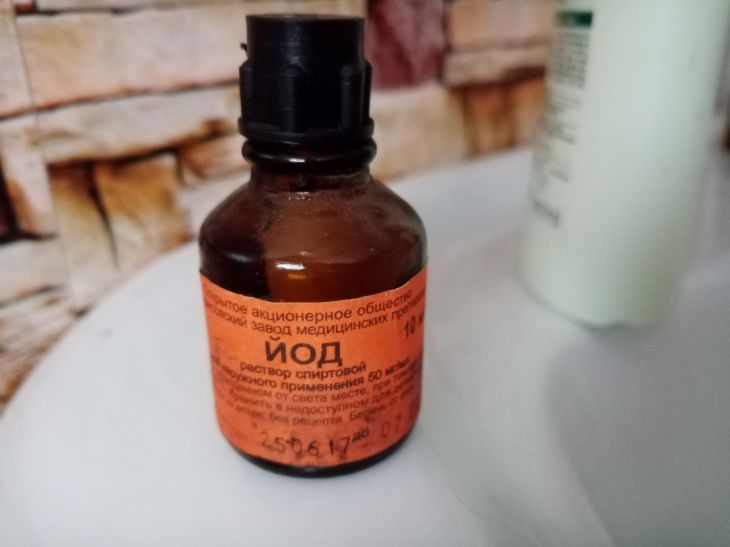Iodine is an antiseptic that is used not only in medicine, but also in gardening.
Thus, the solution helps to disinfect the seed material and accelerate the growth of seedlings.
The product is also useful for crops that have been grown in the garden and vegetable garden for a long time.
The fact is that iodine can act as a fertilizer, an insecticide, and a remedy against various ailments.
The main thing is not to overdo it with the product. It should be used in very small doses.

In addition, iodine is not useful for all plants. However, the following crops "react" positively to the product.
Cucumbers
Iodine is one of the ingredients in a product intended for spraying cucumbers.
This mixture is created as follows: first, you need to put 20 grams of grated laundry soap into a bucket. This mass should be poured with a liter of warm milk.
The resulting liquid should be diluted with ten liters of clean water. After that, 30 drops of iodine should be added to the container.
The mass must be mixed and poured into a spray bottle. Periodic spraying of cucumbers with such a product helps protect the plant from fungal diseases and increases the chances of a high yield.
Cabbage
You need to drop 40 drops of iodine into a bucket filled with water.
One liter of solution should be poured onto the soil around each plant. Then the cabbage will be protected from diseases and will demonstrate full development.
Zucchini
If problems arise at the initial stage of development of a garden crop (for example, the death of ovaries), then the plant should be sprayed with a self-prepared product.
The ratio of ingredients is simple: 10 milliliters of a five percent iodine solution per bucket of clean water.
Tomatoes
A similar remedy also promotes problem-free growth of tomatoes.
The spraying procedure should be carried out twice a month. Then the garden crop will be protected from dangerous diseases.
Apples
The same mixture has a positive effect on apple fruits, as it protects them from rot.
Fruit trees should be sprayed approximately 30 days before the planned harvest.








